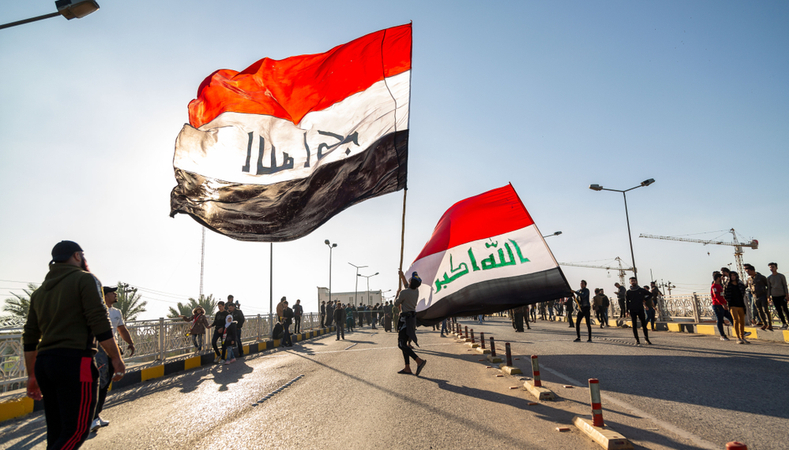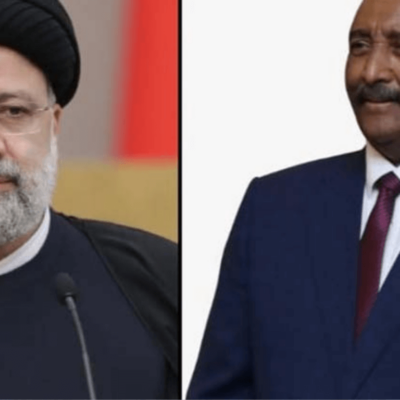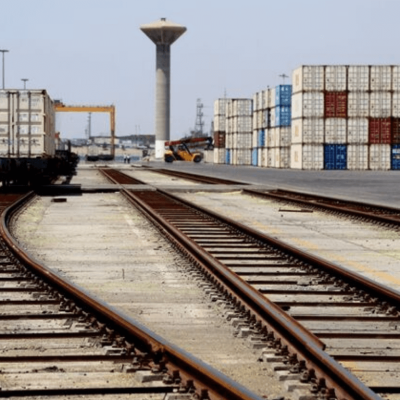Iraq faces its worst economic crisis since Saddam Hussein’s time

Iraq is currently facing one of its worst economic crisis, equivalent to the one it faced during the 2003 invasion, which brought down Saddam Hussein’s exploitative regime. What triggered the ongoing financial crisis to its peak was last month devaluation of its currency, reducing it by a fifth. The country carried out devaluation for the first time in decades. Iraqi economy faced double blow due to the onslaught of coronavirus pandemic and worldwide slump in the global oil prices, one of its major revenue fetch stream.
The situation grew visibly worse as the government started struggling to pay salaries to about 3 million of its state employees. About 40 percent of the country’s population is dependent on government salaries and contracts. The situation turned dire for the country largely dependent on imports as devaluation led sparked inflation and caused hike in prices of even basic commodities. The imbalance in its income ($3.5 billion from monthly oil revenue) and expenditure ($5 billion a month), made Iraq exhaust its limited pool of foreign reserves, which some economists believe is a precarious situation to be in.
Last month, the International Monetary Fund predicted that in December that the country’s economy would contract by 11% in 2020. It urged the government authorities to focus on bettering governance and reducing corruption.To add to the Iraqi government’s ongoing hurdles, Iran stopped the supple of electricity and natural gas in the country. Iraq is OPEC’s second largest producer of crude oil but cannot produce its electricity on its own and gets it from Iran. Since Iraq cannot pay Oran in form of cash due to ongoing sanctions, it used to pay in form by shipping food and medicine in exchange for natural gas and electricity. Iran said that its neighbour owed the equivalent of more than $5 billion and refused to supply electricity until the debt was cleared.
Abdul Hussein al-Anbaki, an economic adviser to Prime Minister Mustafa al-Kadhimi said, “Iraq can’t pay all the debt to Iran. Iran is also facing an economic crisis and we cannot buy gas without paying.”“For the Iraqis, it is difficult because the mechanism to pay them is almost nonexistent because obviously the Americans are monitoring the situation very closely,” said Farhad Alaaldin, chair of the Iraq Advisory Council, a policy research institute.
Many observers fear that the current scenario might lead to eruption of civil war, giving the country’s armed group congenial breeding ground to topple the government. Similar crisis in the past, triggered by rising corrupting, unemployed and sky rocketing inflation lead to collapse of the previous government.




